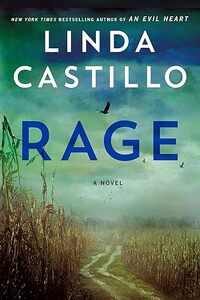

Purchase
Confronting the Legacy of Lynching in the Twenty-first Century
Beacon Press
February 2007
On Sale: February 15, 2007
204 pages
ISBN: 0807009873
EAN: 9780807009871
Hardcover
Add to Wish List
Non-Fiction
Nearly 5,000 black Americans were lynched between 1890 and
1960, and as Sherrilyn Ifill argues, the effects of this
racial trauma continue to resound. While the lynchings were
devastating, the little-known contemporary consequences,
such as the marginalization of political and economic
development for blacks, are equally pernicious. Ifill traces
the lingering effects of two lynchings in Maryland to
illustrate how ubiquitous this history is, and issues a
clarion call for the many American communities with
histories of racial violence to be proactive in facing this
legacy. Inspired by South Africa"s Truth and Reconciliation
Commission and techniques of restorative justice, Ifill
provides concrete ideas for communities, including placing
gravestones on the unmarked burial sites of lynching
victims, issuing public apologies, establishing mandatory
school programs on the local history of lynching,
financially compensating those whose family homes or
businesses were destroyed in the aftermath of lynching, and
creating commemorative public spaces. A landmark book, On
the Courthouse Lawn is a much-needed roadmap to help
communities finally confront lynching"s long shadow by
embracing pragmatic reconciliation and reparation efforts.
Comments
No comments posted.
Registered users may leave comments.
Log in or register now!
| 


 © 2003-2025 off-the-edge.net
all rights reserved Privacy Policy
© 2003-2025 off-the-edge.net
all rights reserved Privacy Policy